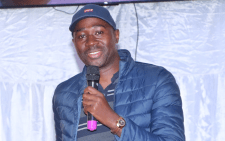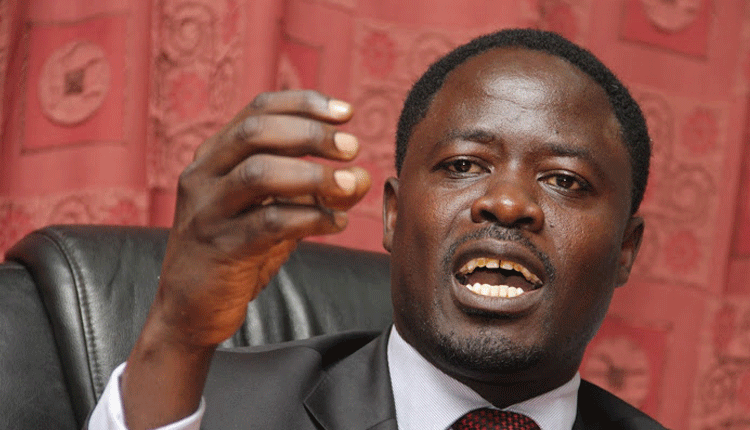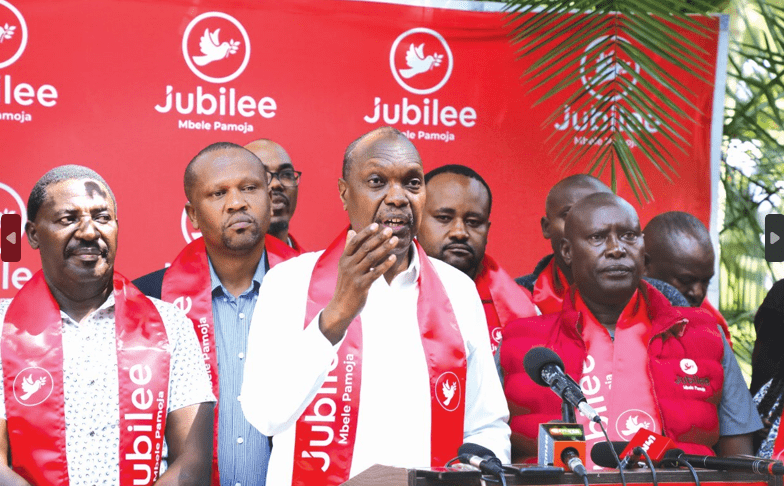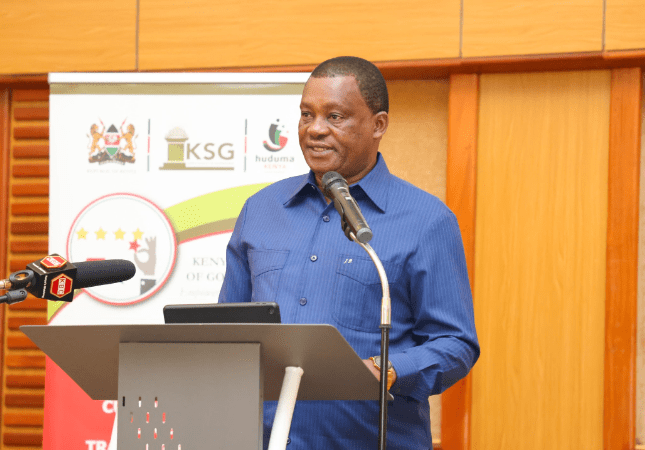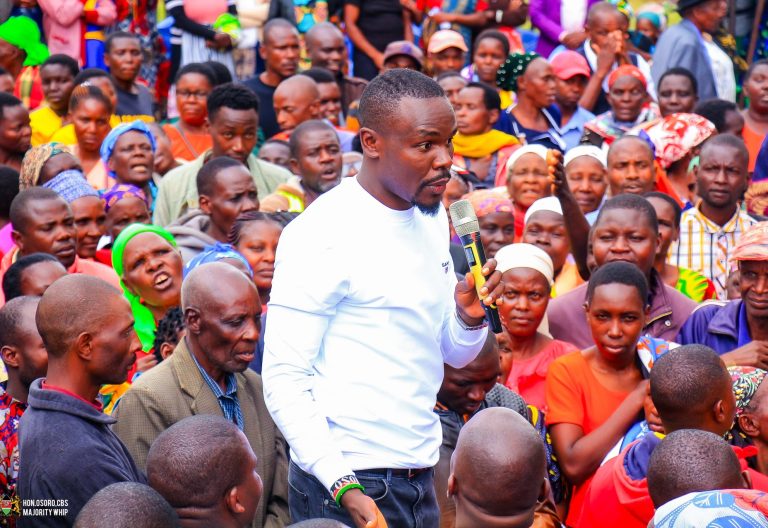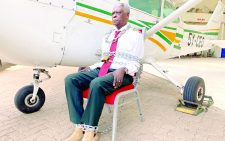Equipping young people for job market
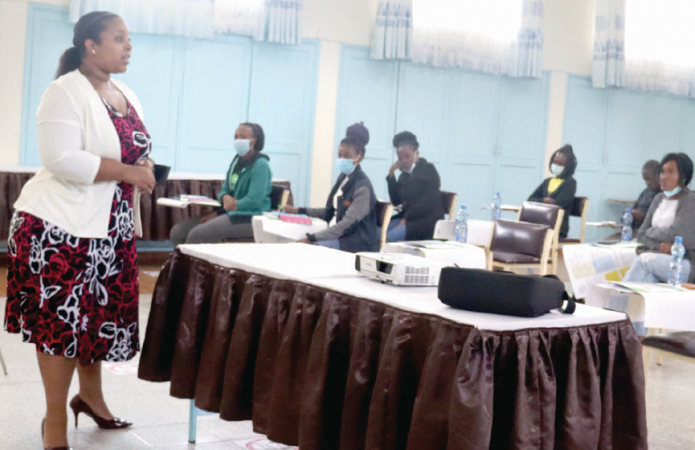
It is said that good leaders don’t create followers, but create more leaders. This is the case of Esther Gathigi Kibugi, Country Director for Digital Opportunity Trust (DOT) Kenya and a founding trustee of Wecreate Kenya, an initiative of the US Department of State and GriffinWorx that sets up entrepreneurial community centres, for women to gain access to the essential resources required for starting or growing businesses.
Through the organisations, Esther empowers young people so they can in turn train more community members with market driven skills, to enable them to not only start and grow businesses, but also find jobs.
From the office to the ground
The young leader in her 30s is passionate about empowering young and aspiring entrepreneurs to develop the skills and insights they need to transition their startups into high-potential business ventures. She has over three years of experience spanning across banking, project management and development sectors.
The first born of a family of four attended her primary education at Serare School, Ngong, Kajiado North, before joining Loreto High School Limuru for her secondary education. She joined the University of Nairobi to pursue a Bachelor in Commerce course and graduated in 2009. She then enrolled at Moi University for her Master’s in Banking and Finance and graduated in 2015.
Growing up with two parents who were in the corporate sector had a lot to do with her career choice. Her father was a banker, and as she shares, this was naturally the starting point of her career. But leadership… that was her talent.
“Leadership for me is a natural gift that I had since childhood. I was appointed class prefect way back in primary school. In secondary school, my interest in creating a difference in the world and community led me to participate in a debate on social issues with the Model United Nations. This is an academic simulation of the United Nations where students play the role of delegates from different countries and attempt to solve real world issues with the policies and perspectives of their assigned country. Afterwards my three friends and I began an initiative to fight against Female Genital Mutilation amongst women. We printed T-shirts to create awareness,” shares Esther.
Her career began as an intern at NCBA bank in 2008. She worked hard at each rank up till she became a branch manager. Whilst, she enjoyed her career and the skills she gained; her longing to serve the community was alive and burning, and she knew she had to follow this calling.
“I began volunteering as a Global Shaper. During my time at Global Shapers, I was part of multiple initiatives such as Powering Education whereby we provided solar lamps to children in schools and Biashara Rehab that targeted young entrepreneurs. I also took part in environmental projects where we planted fruit trees in schools and mentored the students. In one of the projects our team raised funds to install a computer lab in Uthiru, Kiambu county,” she shares.
This experience enabled her to make the transition into the non-governmental organisation world, where she joined Wecreate as an Executive Director. In her position she facilitated the set-up and growth of the organisation by looking for key partners and donors. And in October 2017, she joined Dot Kenya as the Country Director. “I almost didn’t interview for my current role in Dot Kenya. I thought I was still young for the role, however with the encouragement of my close friends I threw in my hat for the position,” she says.
At the heart of DOT Kenya, is the need to impact communities positively and enable its holistic progress. It promotes various solutions to different social-economic challenges faced in the society. Out of the 17 Sustainable Development Goals (SDGs), Dot Kenya works to achieve: SDG 1: No Poverty, SDG 4 Quality Education, SDG 5: Gender Equality, SDG8: Decent Work/ Economic Growth and SDG 10: Reduce Inequality.
The organisation has implemented various projects targeting the largest population in Africa’s Young People and impacted over 150,000 young people over the last 15 years, and currently implementing the Daring to Shift Project. The project aims to put women at the centre of inclusive growth. This project aims to offer digital skills to young people through various programmes such digital jobs level one and two programme (social media marketing, website development, data analysis) and digital business programme. It also targets 70 per cent of the beneficiaries to be women.
Bridging the digital divide
Additionally, the organisation empowers young people by supporting daring social innovators, offering coaching and mentorship to enable the growth of their innovations.
“So far, we’ve trained more than 100 social innovators. We are specifically focused on equipping young people for the future with focus on digital literacy. This is because with the fourth industrial revolution, digital skills are imperative for all young people to achieve their dreams. We enhance the attainment of digital skills amongst young people who are underserved or disadvantaged to increase their opportunities of getting economically empowered in an inclusive digital economy,” shares the young leader.
While the desire and goal is to help as many young people as possible, however this is limited due to resources.
“We hope to grow our reach and bridge the digital divide. Another challenge we face is access to devices for youth. While our organisation offers digital skills, digital tools such as smartphones or laptops that will enable them to get access to online jobs are out of reach for many youth,” she says

